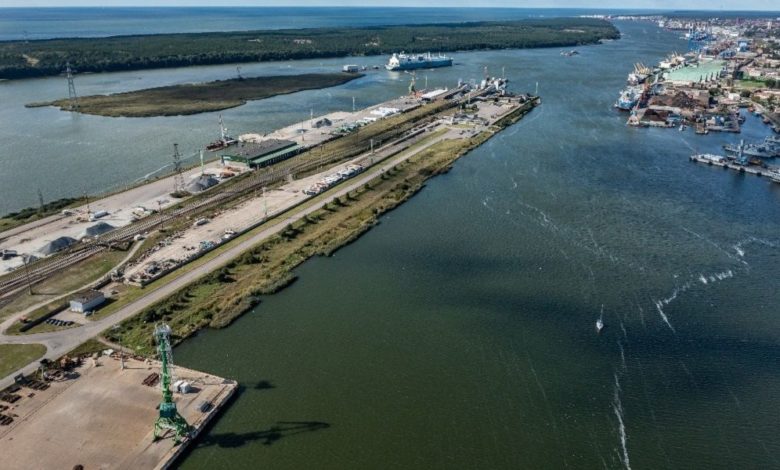Lithuania’s Klaipeda looks to become offshore wind hub

Lithuanian port city Klaipeda is looking to maximise its strategic location to become a key regional hub for the nascent offshore wind industry in the Baltic amid the current energy crisis.
The Marienborg Declaration signed in August saw heads of government and energy ministers from Lithuania, Estonia, Latvia, Finland, Denmark, Sweden, Poland and Germany commit to closer collaboration in developing new offshore wind volumes in the Baltic Sea, which has estimated wind potential totalling 85 to 95 GW.
The Lithuanian government earlier announced the location of a 700 MW wind park off the coast that could potentially cover 25% of the country’s entire power demand. The tender process is set to take place in early 2023 with a view to construction completion by 2030.
Various projects elsewhere in the Baltic are currently being evaluated alongside the now in-development Baltic Power project offshore Poland, which with a total capacity of 1.2 GW is expected to power over 1.5m homes from 2026.
Hannah Mary Goodlad, Head of Baltic Sea Area Development at Equinor, speaking during a panel session on renewable energy at the Klaipeda Manifesto Blue Economy Conference 2022, stressed the need for local stakeholders to engage in “bold collaboration across borders towards 2030” to achieve the city’s ambition.
Romana Hartke, Senior Business Development Manager at Aker Offshore Wind, emphasised Klaipeda’s already strong foundation with its location, good hinterland infrastructure and short distances to all Baltic markets. She flagged up the Port of Mukran in Sassnitz, Germany, which has positioned itself as a base port for wind installation and service operations, as a good example to follow.
Hartke added that the LNG FSRU (floating storage and regasification unit) Independence, which has been up and running in Klaipeda since 2014, is “a great showcase for international investors who recognize that Klaipeda is willing to go the whole way in developing as an offshore wind hub, as it has done in LNG”.
Marius Vascega, Head of the European Commission’s Representation in Vilnius, stressed that offshore wind is a crucial element in reaching the EU’s Green Deal decarbonisation goals, and that funds now coming on stream as part of the Next Generation EU Covid-19 recovery fund will help to support viable solutions.
Dalius Krinickas, advisor to Lithuania’s prime minister, highlighted Vilnius’s recent ‘breakthrough package’ to remove all procedural barriers to assess and install renewables projects and secure the required investments, while Erling Rimestad, state secretary at the Norwegian Ministry of Foreign Affairs, added that financing avenues also exist through the EEA and Norway Grants programme.
Earlier in June, Lithuania’s Klaipeda State Seaport Authority and Klaipeda Sea Cargo Company (Klasco) penned an investment deal to develop the port infrastructure required for the planned development of offshore wind farms in the Baltic Sea.
Under the agreement, the Port Authority will provide the infrastructure on the Smelte peninsula to enable the development of production, assembly or storage activities for offshore wind power plants and components. Investments in the infrastructure of the peninsula could amount to around €27m ($28.8m), the port said.
